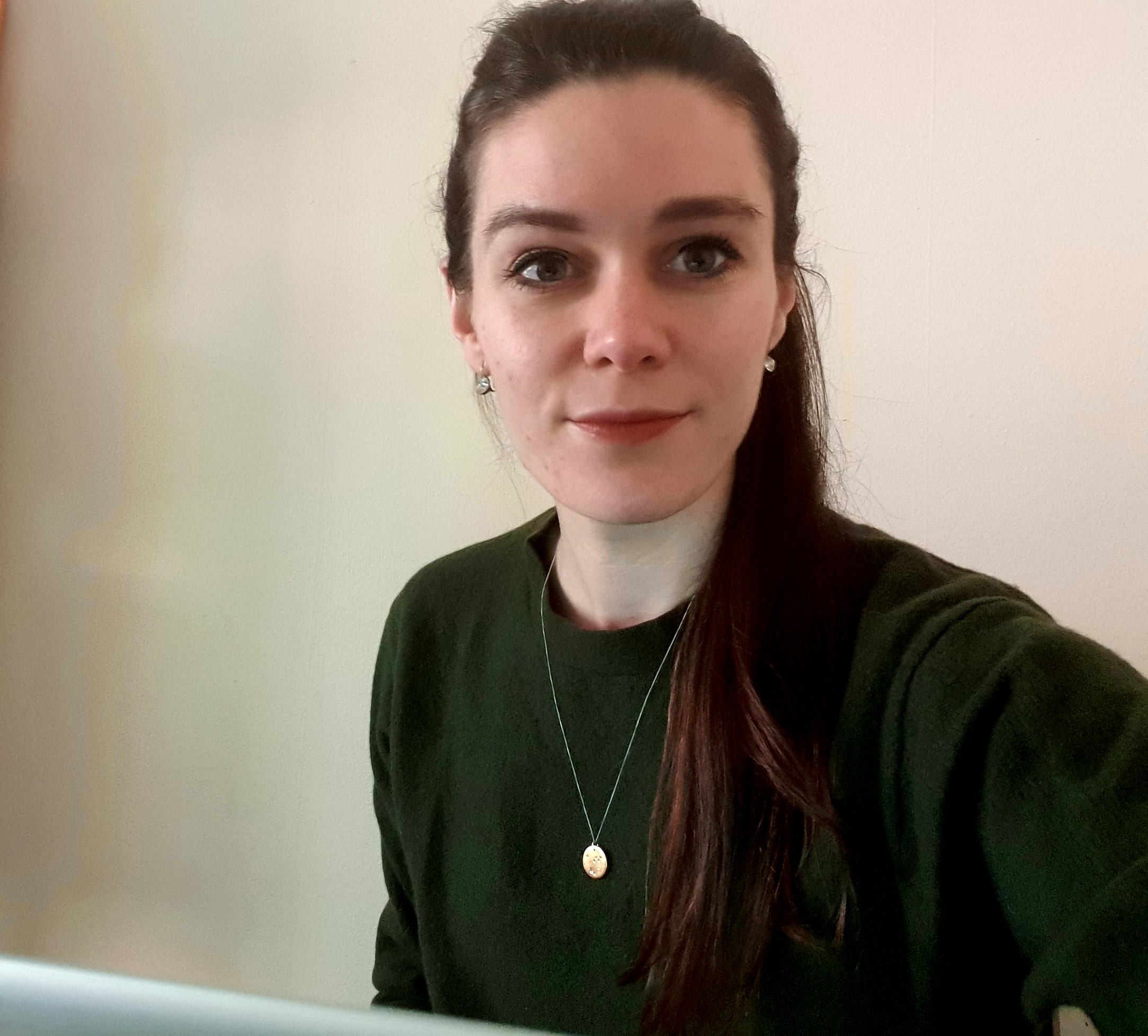New COVID-19 Care home study open for recruitment

ENRICHEnabling Research in Care Homes
GUEST BLOG
New COVID-19 Care home study open for recruitment
Dr Clarissa Giebel is a research fellow at the NIHR ARC NWC at the University of Liverpool. Her research focuses on enabling people living with dementia to live well and independently at home for longer, and explores inequalities in accessing dementia care.
In a new study at the University of Liverpool, we are talking to family members of care home residents with dementia, and care home staff, about their experiences of how COVID-19 has affected their ability to interact with relatives and care for residents. We are talking to people over the phone, and participants will receive a £10 shopping voucher as a thank you. If you want to take part, please get in touch with the lead researcher, Dr Clarissa Giebel (Clarissa.giebel@liverpool.ac.uk).

Care homes have featured in the news all through this pandemic. Back in June, nearly 20,000 care home residents had passed away with COVID-19. We also know now how badly the care home closures to family and friends has been on the lives of residents. Being unable to see your loved ones has led to increased levels of social isolation, and possibly faster deterioration, in residents. We don’t know how engaged residents are – are they mostly in their rooms, or are they engaging in social group activities? Are only a few residents allowed to come together at a time? How are meals taken – individually in their rooms or socially?
In a recent UK-wide study, we have shown how much COVID-19 related public health restrictions are affecting people living with dementia and carers. We conducted interviews over the phone, and also ran an online/telephone survey and asked people with dementia, carers, and older adults about their social support service usage before the pandemic and at three time points between April and August. As a result of those restrictions, most social support services in the community, such as day care centres and support groups, have been unable to operate either at all or only in a limited fashion via remote support in most cases (Giebel et al., 2020a). This has led to faster deterioration of dementia symptoms, as people with dementia were not getting the same amount of social interaction and most were restricted to their own homes. This was also linked to poorer mental health in both people with dementia and carers, as well as older adults (Giebel et al., 2020b).
We have now started a specific study into care homes called “The effects of COVID-19 related care home closures on family members, residents, and staff”. As part of this, we are interviewing family members of care home residents with dementia, and care home staff, from across the UK, either via phone or zoom/skype. We are interested in the experiences of family members about their ability to visit their loved ones during the pandemic. We are also interested in how care staff had to adapt their caring practices during the pandemic, and the effect this might have had on residents. Each interview will last up to 45 minutes, and we can arrange a date and time that is suitable to participants.
Each participant receives a £10 shopping voucher, and we are looking to speak to 40 participants overall. So, if your relative has dementia and lives in a care home, and you are affected by COVID-19 visitation restrictions, or if you are working in a care home and want to take part, please contact me via email and we will send out more information: Clarissa.giebel@liverpool.ac.uk.
By hearing your thoughts and experiences about how public health measures have affected you seeing your loved one, or how you provide care, in a care home, we can share that knowledge widely, also with government, to hopefully bring by some much needed changes to care home restrictions.
This study is funded by the National Institute for Health Research and the Geoffrey and Pauline Martine Trust.